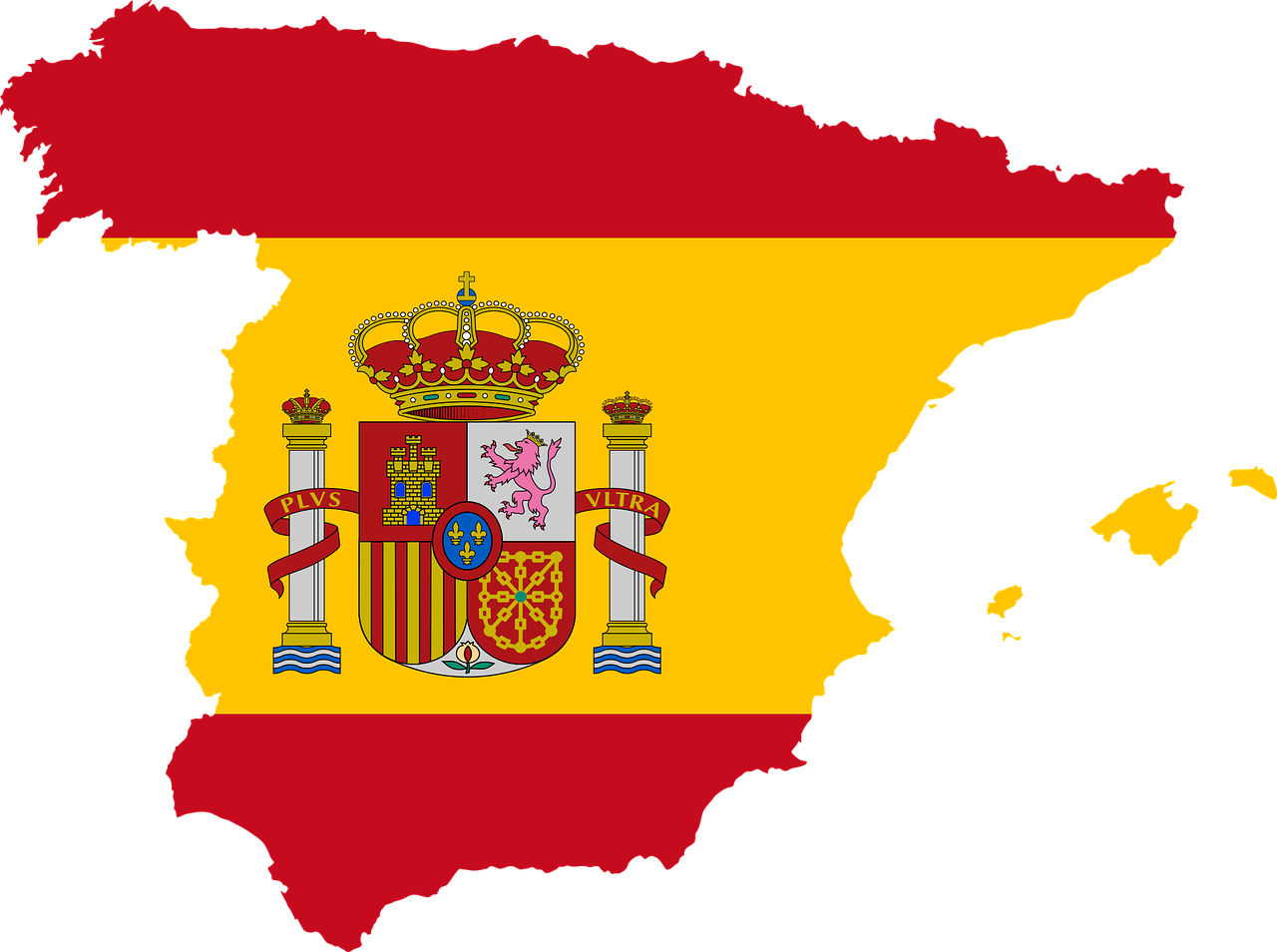
On September 23, the deadline for the formation of a new government expires in Spain. If the Socialist election winner and acting Prime Minister Pedro Sanchez until then bring no parliamentary majority for his re-election, must be head of state King Felipe VI. schedule early elections for November 10th.
It would be the fourth parliamentary elections in Spain in just four years. And the Spaniards are tired of it. According to a poll published yesterday by the Spanish newspaper El Mundo, 63.1 percent are against re-election. Especially as a renewed poll would hardly lead to new weight ratios in Parliament.
For example, 54.9 percent of respondents favored a governing coalition between Sanchez Socialists (PSOE) and the left-wing political party Unidas Podemos (UP).
Sanchez wants to make last attempt
Particularly high is this desire among the socialist voters (71 percent) and the UP supporters (95 percent). But even conservative PP voters (23 percent) and supporters of the conservative-liberal Ciudadanos (30 percent) would prefer a left-wing coalition to new elections.
Whether the desire of the Spaniards rises, however, is more than doubtful. The coalition talks between socialists and leftists are practically broken. Tomorrow, Sanchez wants to make one last attempt to win over especially the left with a „joint progressive government program“ for their support in the re-election of Sanchez. But UP leader Pablo Iglesias calls for his party equal to several ministries and the post of Deputy Prime Minister.
At the Postengezerre the coalition talks failed in July and Unidas Podemos let Sanchez fail in his first attempt for re-election. Since then, the relationship between Sanchez and Iglesias is completely on ice. He has no confidence in Iglesias, Sanchez said a few days ago. Nevertheless, he needs for his re-election in addition to smaller regional parties, especially the 42 votes of MEPs.
Sanchez overthrew Rajoy
Sanchez came to his office a year ago with a vote of no confidence. With the support of the UPU, the Basque nationalists (PNV) and the Catalan separatists of the ERC, Sanchez overthrew its conservative predecessor Mariano Rajoy after a corruption and financial scandal in its People’s Party (PP).
From then on, he ruled with a minority government. In the wake of the ongoing conflict over independence, however, the Catalan separatists Sanchez withdrew their support in February and failed to secure the urgently needed state budget in 2019.
As a result, Sanchez called for early elections in mid-April. His socialists, while clearly ahead of the conservatives, clearly missed a sufficient majority with 123 out of 350 seats in the Madrid parliament.



